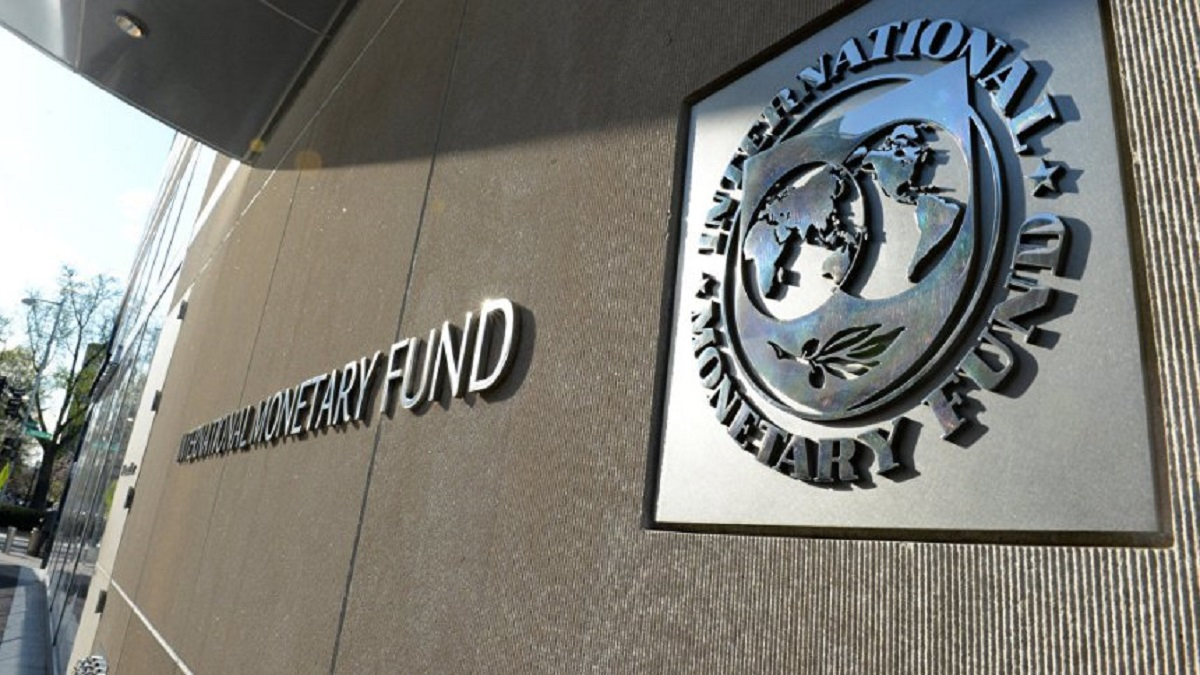
Pakistan Will Need To Perform At Least Two Additional Prior Steps.
To get two combined tranches of around $1.85 billion from the International Monetary Fund (IMF) by the end of July or early August, Pakistan will need to perform at least two additional “prior steps.”
Top government sources said that in order for the Fund’s executive board to approve the merger of the seventh and eighth quarterly reviews of the 39-month, $6 billion loan programme that originally started in July 2019, in addition to a number of structural benchmark tests for the performance evaluation, these prior actions would be required.
Seventh & Eighth Reviews Had Been Received From The IMF
On Tuesday, Pakistan’s Finance Minister Miftah Ismail said that the MEFP for the combined seventh and eighth reviews had been received from the IMF.
Prior actions required by the MEFP include passing the federal budget that was agreed upon with the IMF and presented to the National Assembly on June 24 as well as presenting a memorandum of understanding (MoU) that has been duly signed by the provincial governments and commits them to contributing a combined Rs750 billion cash surplus to the federal government.
MEFP Is Based On Fiscal Adjustments Proposed By Mr. Ismail
The MEFP is based on fiscal adjustments proposed by Mr. Ismail in his closing remarks on the revised budget in the National Assembly last week. These adjustments call for over Rs1.716 trillion (2.2 percent of GDP) in taxation, with a 10 percent super tax on 13 industries and a personal income tax that applies to monthly incomes over Rs50,000.
Read Also | Terrorism Increased As Provinces Ignored NAP: PM
Read Also | Nascent Coalition Govt Comes Under Criticism From Within
This is in addition to a fixed tax structure for industries including retailers, traders, jewellers, builders, restaurants, car and real estate dealers, etc.
Income And Expenses Without Interest Payments
The primary deficit, which is the gap between income and expenses without interest payments, during the current fiscal year will decrease to a Rs152bn surplus the following year thanks to this largest fiscal adjustment in a single year.
In order to help reduce the overall budget deficit, which was estimated to be Rs800 billion (or around 1 percent of GDP), three provinces—Sindh, Balochistan, and Khyber Pakhtunkhwa — announced deficit budgets or no surplus. This negated the effects of Punjab’s 125 billion rupee surplus announcement, which was excessively low compared to its share.
Budget Figures Stated In The Fiscal Framework
In order to ensure that the budget figures stated in the fiscal framework would be adhered to, the federal government is now required to share with the IMF an MoU with the provinces together with the finance bill passed by parliament.
The MEFP would then be reviewed jointly by the two parties over the following few days before being formally signed by the finance minister and the governor of the State Bank to allow the fund staff to present Pakistan’s case to the executive board members for approval.
According to the authorities, Pakistan would most likely receive two tranches of around $918 million each (or $687 million in Special Drawing Rights, or SDRs), both at once, in the final week of July or the first week of August.



